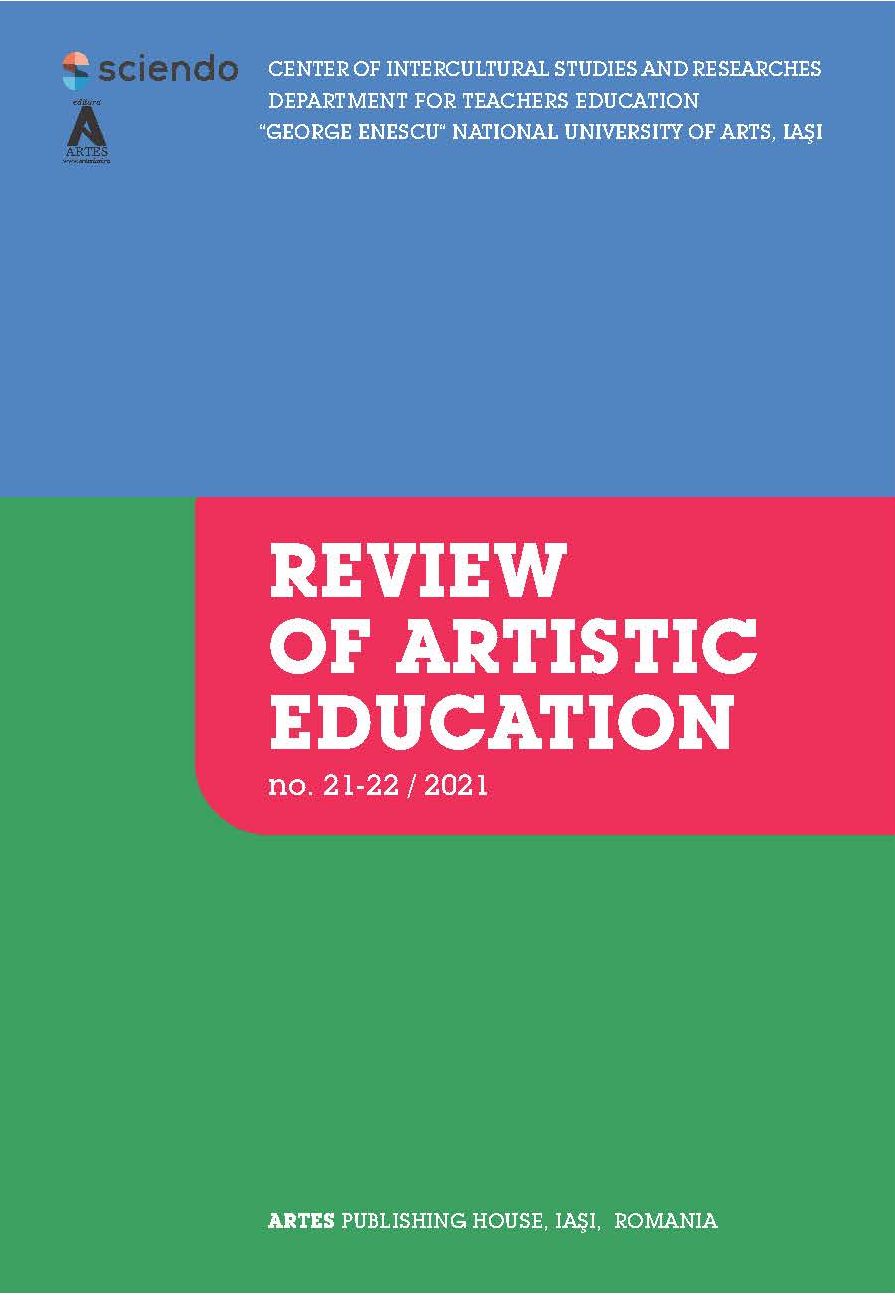HISTORICAL AND THEORETICAL FOUNDATIONS OF THE DEVELOPMENT OF VOCAL AND CHORAL CULTURE IN MOLDOVA
HISTORICAL AND THEORETICAL FOUNDATIONS OF THE DEVELOPMENT OF VOCAL AND CHORAL CULTURE IN MOLDOVA
Author(s): Ana GlebovSubject(s): Music
Published by: Editura ARTES
Keywords: vocal and choral culture; vocal creativity; Church singing; musical education; pedagogy;
Summary/Abstract: The origins of the national choral art are based on Church singing, which has been widely developed since the founding of the Putnyansky and Nyametsky monasteries. In the further development of the centuries, Church singing intertwined with folk choral singing, which was reflected in the works of such conductors and composers as G. Muzichesku, M. Berezovsky, A. Kristya, M. Byrke, V. Popovich. Special attention is paid to the creative and conducting activities of Gavriil Muzichesku, all of whose initiatives were innovative and progressive, later becoming the leading ones in the national choral activities of Romania and Moldova. This article identifies and systematizes the main trends related to the process of creating vocal and choral works and their application in the system of Romanian and Moldovan musical education. Their analysis shows that the composer worked on the theoretical generalization of his own experience, turned to the best ideas of domestic and foreign pedagogy, including Russian, and thanks to this he was able to bring his knowledge and experience into a fairly coherent and integral system of musical education and education through vocal and choral culture.
Journal: Review of Artistic Education
- Issue Year: 2021
- Issue No: 21
- Page Range: 31-34
- Page Count: 4
- Language: English
- Content File-PDF

